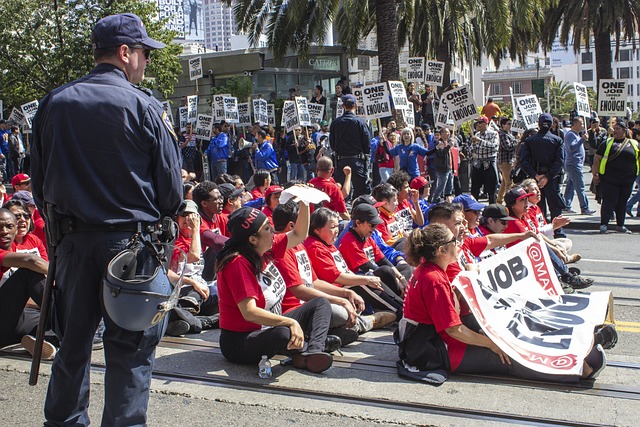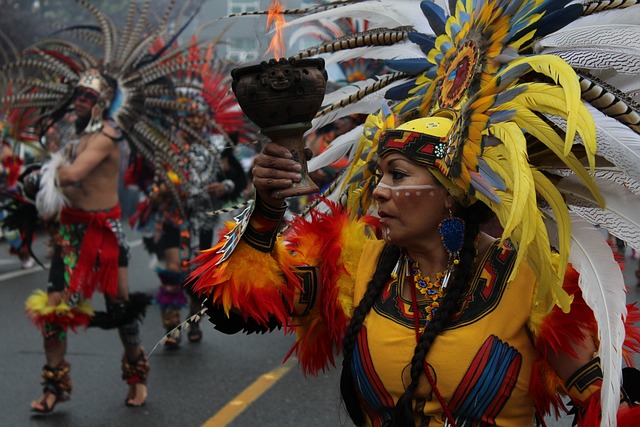Article Title:Moral expertise? Constitutional narratives and philosophical argument
Abstract:
Using the bench trial of Colorado's Amendment 2 as an example, this article focuses on the more general question of expert testimony in moral philosophy. It argues that there is indeed expertise in moral philosophy but argues against admitting such expert testimony in cases dealing with what John Rawls terms 'constitutional essentials' and 'matters of basic justice'. Developing the idea of public reason inherent in the Rawlsian concept of political liberalism, the article argues that philosophers can and should speak out on public issues, if they do so with due respect for certain restrictions, but that they should not serve as expert witnesses on core constitutional questions, since doing so suggests that they claim a type of authority that would require fellow citizens to defer to their views. Such claims to authority in basic ethical matters threaten the mutual respect for divergent comprehensive doctrines that lies at the core of political liberalism. Philosophers have a duty to serve the public good, and they perform this service in fruitful ways. But they refuse a public role that appears incompatible with equal respect for the committed ethical searching of their fellow citizens.
Keywords: Aristotle; bisexuals; ethics; evidence; expert testimony; gay men; good; homosexuality; Kant; lesbians; Maritain; Mill; moral philosophy; Murray; politics; public issues; Putnam; Rawls; religion; science; Socrates
DOI: 10.1111/1467-9973.00245
Source:METAPHILOSOPHY
Welcome to correct the error, please contact email: humanisticspider@gmail.com




